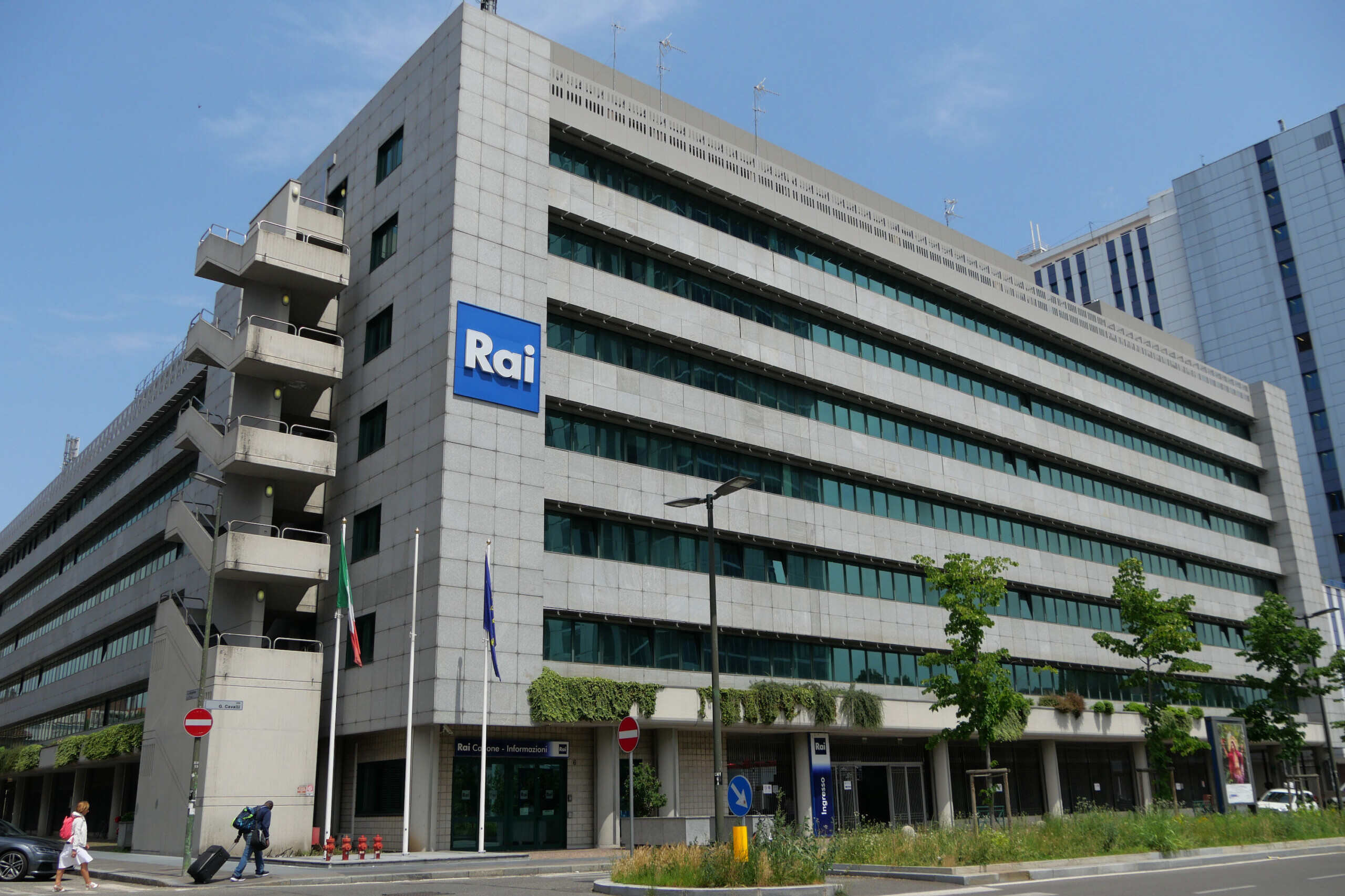The PMA Briefing
Hearings, reforms, and a crackdown on non-payments
25 November 2025
Figures at the centre of the recent BBC crisis face committee hearing; reforms on the table for Argentine and Swiss public media; and NHK launches a crack-down on non-payments. Plus: French public media take legal action against the Bolloré media group; Lithuanian public media warns of interference, and fresh funding questions for Zimbabwean and BiH public broadcasters.
UK: Chair of BBC Board faces new pressure
The Chair of the BBC has vowed to “steady the ship” after several turbulent weeks that saw the resignations of its director general and CEO of News.
Nearly a month after the initial revelation that a BBC programme had spliced together two separate sections of a speech by Donald Trump, Samir Shah and other non-executive board members faced a parliamentary select committee this week.
Dr Shah said he would “fix” the issues facing the public broadcaster. However, the committee’s chair said after the hearing that she was not sure Shah had a grip of the situation. “He didn’t really have direct answers on the questions of how to get the BBC to act quicker, act more decisively,” said Dame Caroline Dinenage. “We were really looking for hard evidence that the BBC board are going to grip this… I’m not entirely convinced that they can and they will.”
Michael Prescott, the author of the original memo which detailed the editorial errors, also appeared in front of the committee. He denied that the BBC suffered from “institutional bias”, but did say “systemic causes” had led to the errors and what he felt was a lack of action. Prescott wrote the memo while serving as an external adviser to the Editorial Guidelines and Standards Committee (EGSC), a four-person panel made up of Dr Shah, Sir Robbie Gibb, BBC News CEO Deborah Turness, and the director general, Tim Davie. The latter two resigned after the edit was made public.
However, Caroline Daniel, who held the same role as Prescott, did not agree with the assertion of inertia, and felt when errors were made, “the BBC [was] willing to have a proper conversation, debate and actually take action.” Daniel also felt the memo was a “personal account” and did not fairly reflect the overall findings from an initial report which looked into the BBC’s overall coverage of the US elections.
Other key points from the hearings include:
- Prescott said he did not intend for his original memo to be leaked to the media. He sent it to the media regulator and the Department of Media, Culture and Sport in the hope it would be resolved confidentially.
- There was a view from some, including the Chair, that the role of director general was too big for one person, amid reports that the BBC could add a deputy director general.
- Board member Sir Robbie Gibb, a former BBC journalist and Director of Communications for former prime minister Theresa May, denied accusations he had orchestrated a board room coup.
- Fellow board member Caroline Thomson insisted that Dr Shah maintained the confidence of the board, while Dr Shah also revealed he did not want Tim Davie to resign.
- The nearly week-long delay between the editorial errors coming to light and an apology being issued was put down to a difference of opinion between members of the board and the news division, Thomson and Dr Shah said. While the news division thought it was an editing error, the board felt it had provided a “misleading impression” of Trump’s speech.
Dr Shah also confirmed a review into the workings of the EGSC is underway. It has not been confirmed whether Trump will follow through with threats of legal action against the BBC.
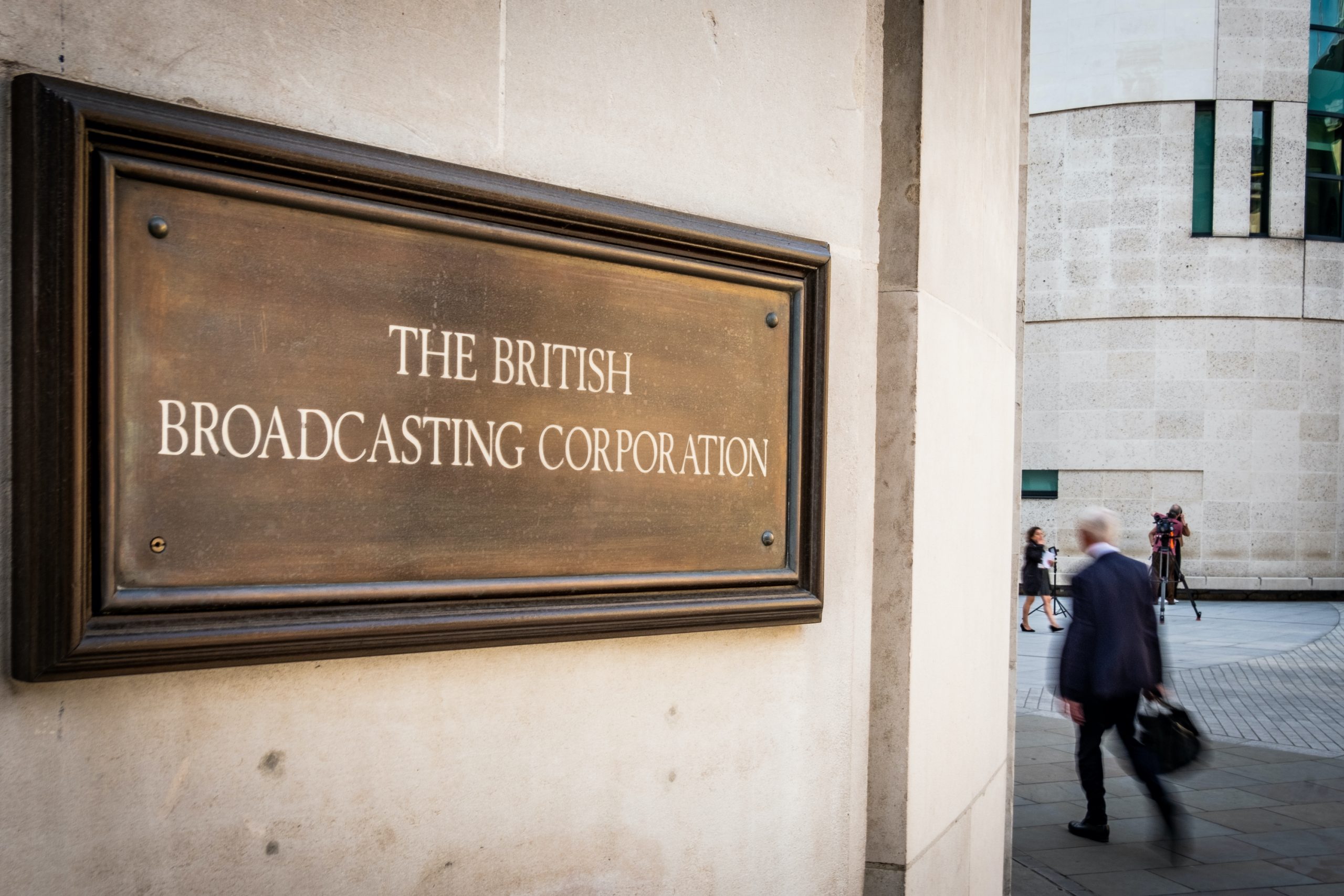
Argentina: Milei prepares fresh round of reforms
Further reforms have been proposed for public media in Argentina, with job cuts, a merger, and possible privatisation on the table.
According to Infobae, the government wants to reduce the number of staff employed by Radio Nacional and TV Publica, which it said could be done through a voluntary retirement programme. There are currently about 2,400 staff across both organisations.
The scheme would be part of a wider reform package designed to “modernise” the public media system, which could include merging TV Publica and the CAI SAU (a separate public company which operates education and cultural channels) and a rebrand and eventual privatisation of TV Publica. Government-appointed administrators have been brought in to oversee the reforms.
The current administration has not been afraid to intervene with public media. In its first few months, the public news agency Telam was shuttered, sparking nationwide protests.
At a recent hearing of the Inter-American Commission on Human Rights, the deputy secretary of the union SiPreBA, Francisco Rabini, said the government had launched “an attack on freedom of expression and the federal media system.” This, he said, was part of a wider and coordinated “campaign of attack against journalists and press workers”.
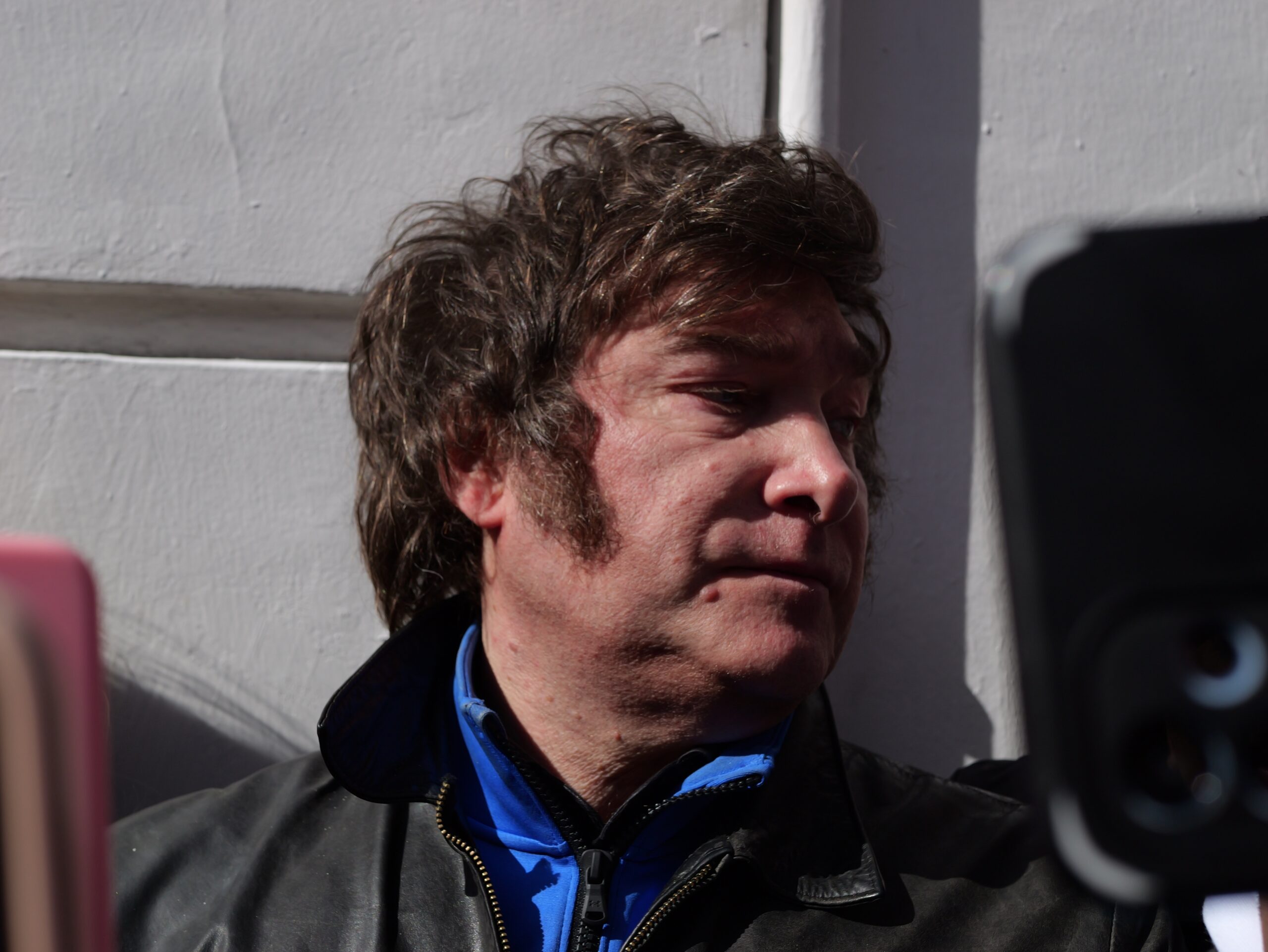
Switzerland: 900 jobs on line as part of restructure
900 jobs are set to be lost as a result of cost-cutting measures in Swiss public broadcasting.
The Swiss Broadcasting Corporation is required to save CHF270 million by the end of the decade, after new laws were introduced to lower the licence fee paid by citizens. It also comes amid falling commercial revenues for Swiss broadcasters. The company announced the drastic job cuts on Monday, with the plans subject to consultation. It also announced what it called a transformation plan which will see an overhauled company structure and the diversion of resources to digital teams.
The restructure has long been signalled, and came after the Federal Council announced that it would push ahead with budget-tightening measures, albeit significantly diluted from what had been previously proposed. In its press release announcing the cuts, the opening sentence was frank: “The Swiss Broadcasting Corporation (SRG) faces major challenges.”
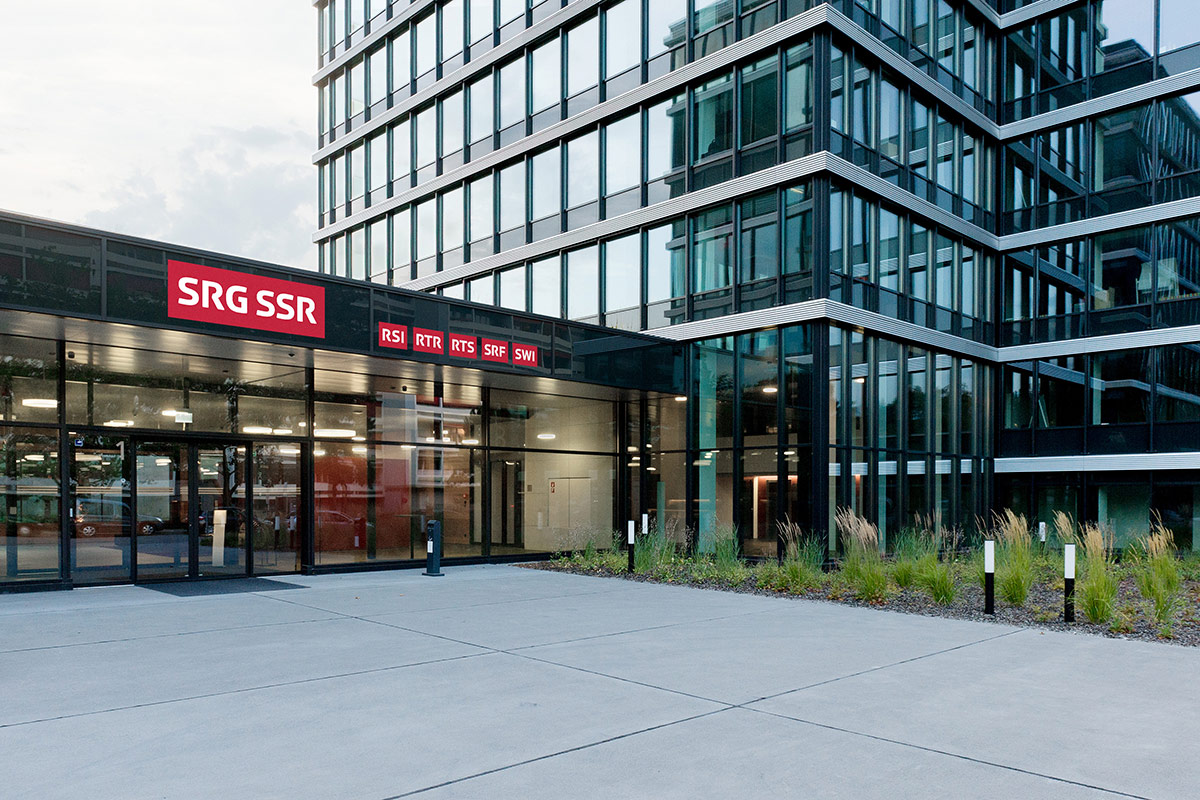
Zimbabwe: Gov’t partially backtracks on ZBC’s funding model
Zimbabwe’s government has said it will reduce the ZBC’s licence fees by January.
The announcement by Media and Broadcasting Services Minister Jenfan Muswere follows months of public opposition against the Broadcasting Services Amendment Act, which introduced mandatory vehicle radio licence fees for all motorists renewing their vehicle insurance. The amendment sparked widespread criticism from motorists, many of whom argued they were subsidising a broadcaster they did not necessarily use.
Muswere defended the model, claiming the rate of licence fee compliance had significantly increased revenues by “millions” since he assumed office, and formed part of a wider expansion, digitisation and media sustainability strategy for ZBC. This includes the implementation of Zim Digital Phase Two, which intends to expand television coverage beyond the current 38% and extend signal reach beyond 62%. The national broadcaster currently operates under a combination of license fees, advertising revenue and government grants.

Japan: Crackdown on non-payments
NHK is cracking down on those who fail to pay subscription fees by limiting access to its news website and setting up a new team in charge of enforcement.
From last week, users of the website NHK One have been required to enter their subscription information. Every house in Japan with a device capable of receiving a television signal is required to pay an annual fee to fund NHK. But the broadcaster said the number of households not paying has surged by as much as 140 percent in the past five years.
Non-payment of subscriptions and licence fees is a growing issue for public broadcasters worldwide, with a parliamentary committee in the UK hearing that licence fee evasion had risen to 12.5 percent, representing a £550m loss of income for the BBC.
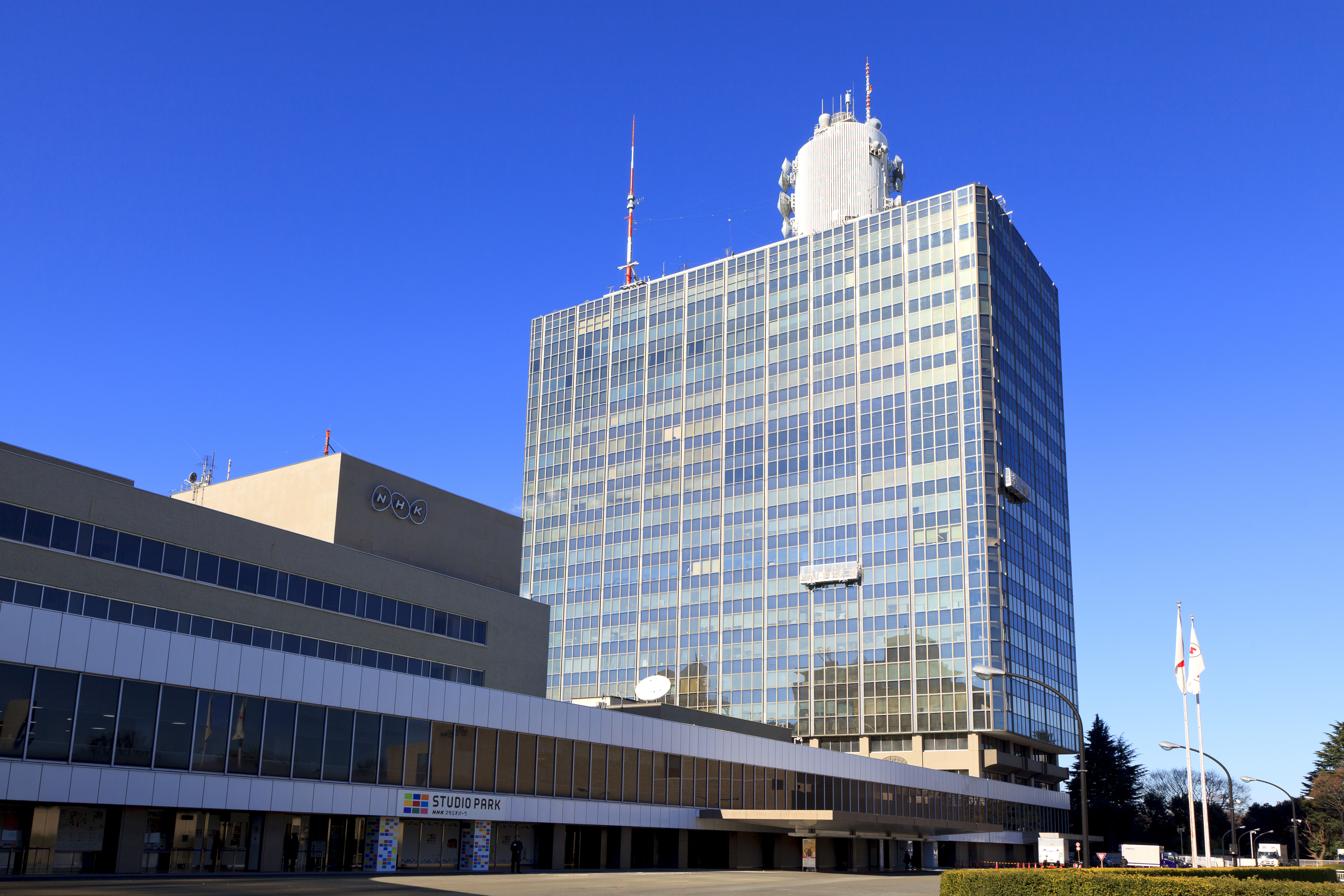
Bosnia & Herzegovina: BHRT on brink of collapse, workers plan protest
The Bosnian public broadcaster is living the last chapter of its existence, its workers have said in an appeal for politicians to address a financial crisis.
The public letter signed by journalists, producers and other workers at BHRT also announced a protest outside the parliament in late November.
The letter said that despite national broadcasting laws saying the licence fee should rise in line with inflation, the broadcaster’s funding has not changed since 2013, which has hindered operations, long-term planning, and digital transformation.
It has also accrued significant debt with the European Broadcasting Union, which needs to be settled by February at the risk of its account being blocked or assets sold. They also accused the RTRS, a public broadcaster which serves Bosnian-Serb audiences, of violating broadcasting law by not paying 51 million euros it owes the BHRT.
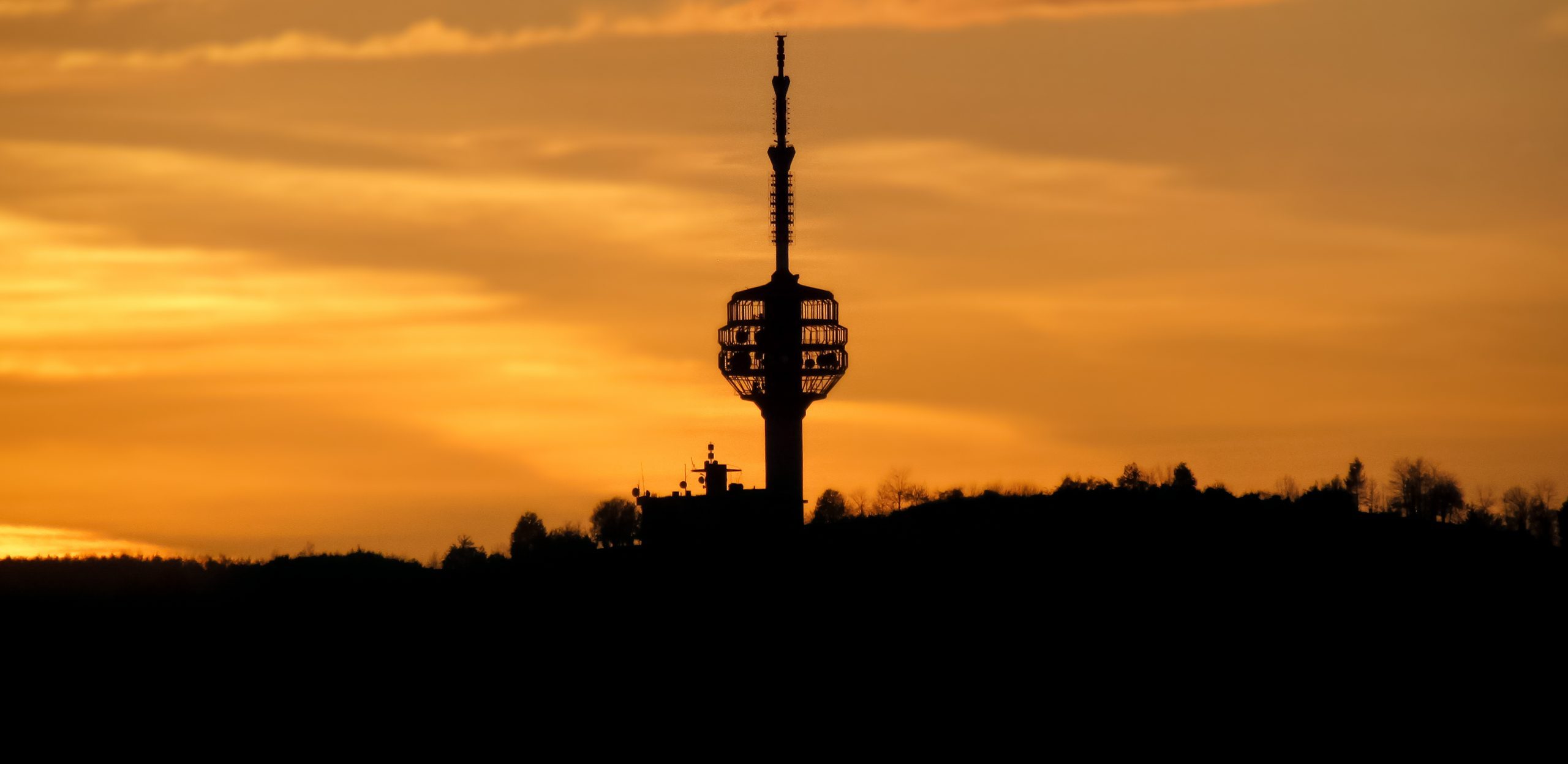
Lithuania: LRT under threat of politicisation & budget freeze
The European Broadcasting Union (EBU) and journalists are concerned about an attempt by several political parties to take over the public broadcaster LRT.
Two initiatives by the recently-elected government have caused concern. First, a bill aiming to simplify the procedure to dismiss the director general was introduced by the populist Nemunas Dawn party, supported by the Lithuanian Peasants, Greens and Christian Families Union. The proposal would reduce the ratio of votes needed for the LRT Council to remove a chief executive to only half. The Head of the Journalists’ Union, Audrys Antanaitis, warned this would threaten the independence of LRT and called for more transparency around the LRT Council’s activities. The EBU has also urged Lithuanian lawmakers to reconsider the reforms.
The government is also considering the public broadcaster’s funding model. Last week, a parliamentary committee supported a proposal to freeze its budget until 2029, after which, its state allocation would be reduced. However, this proposal goes against the findings from a recent audit which said increased funding was “justified”.

France: Public broadcasters strike back
Two French public broadcasters have taken legal action against three private media outlets – CNews, Europe 1 and “Le JDD” – accusing them of “dénigrement”. The legal action is the latest in what’s been dubbed a “cultural battle” between the private media bloc of Vincent Bolloré and the two public broadcasters since two public media journalists were accused of “colluding” with the Socialist party.
The media mogul’s conservative outlets accused France Télévisions and Radio France of bias in a series of articles that questioned their integrity and independence.
The complaint to the commercial court joins a similar complaint made to the media regulator, Arcom, where the public broadcasters said a smear campaign had been mounted against them. The private outlets, however, have denied the allegations, with one Europe1 columnist calling the legal action a “smokescreen”. Culture Minister Rachida Dati also reacted, saying she had not been informed of the public media’s intention to file a complaint.

Featured image: London, UK – People outside the main entrance to the BBC’s Broadcasting House building in central London. Credit: georgeclerk/iStock
Related Posts
18th November 2025
What’s new? Strategies, leadership & funding | The PMA Briefing
Public media in Jamaica and South Korea…
4th November 2025
Blackouts, reforms, and a quota for streamers | The PMA Briefing
The protracted reform of public media…
28th October 2025
What will the future look like for public media? | The PMA Briefing
As CBC/Radio-Canada unveils its new…



